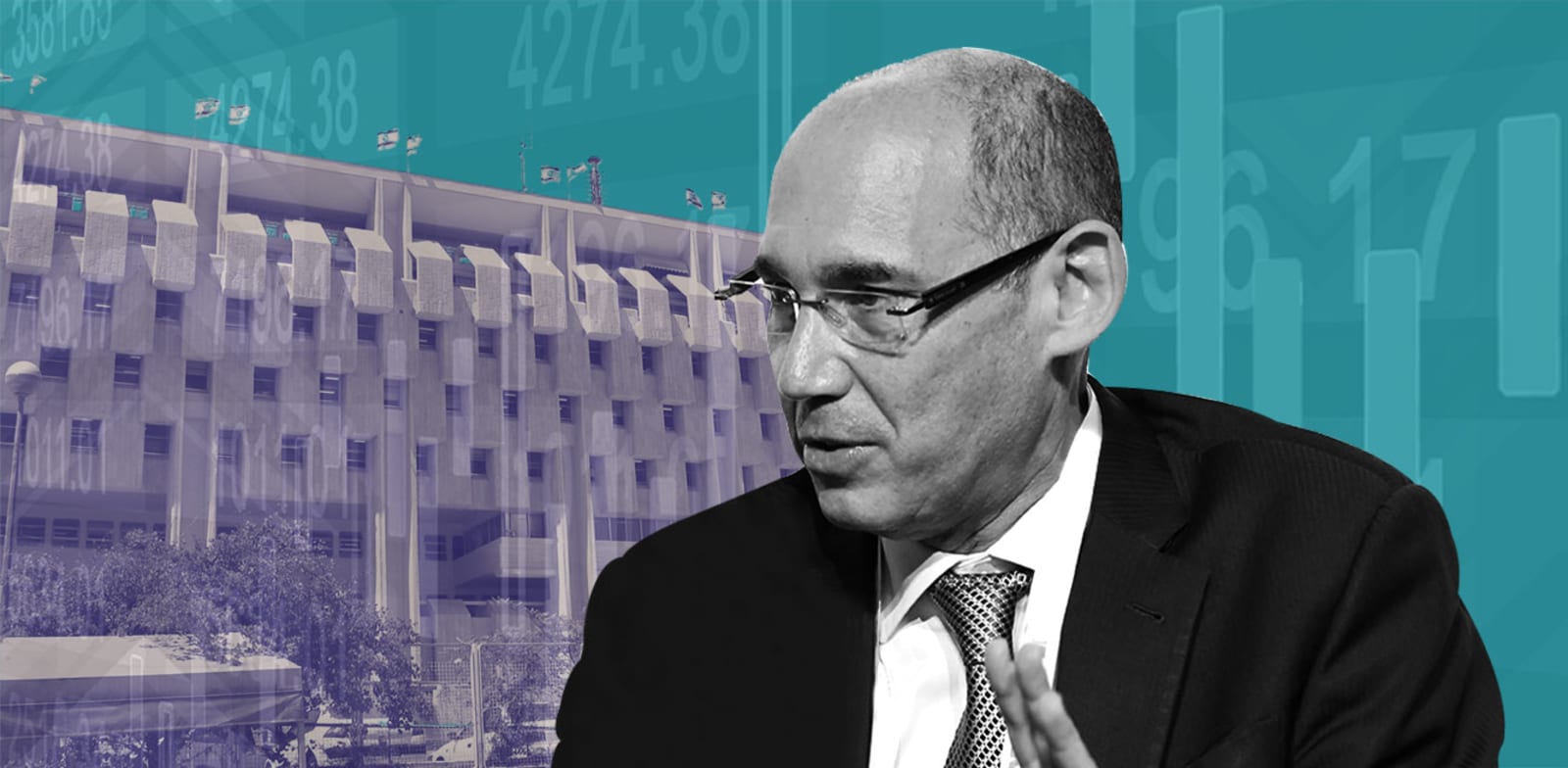After yesterday’s decision by the Bank of Israel Monetary Committee to leave the bank’s key interest rate unchanged at 4.5%, Governor of the Bank of Israel Amir Yaron explains the economic path that the State of Israel is currently following.
“The past year has been full of challenges. The Israeli economy usually grows at about 4% a year. This time, we have seen it grow only slightly (0.6% according to the bank’s estimates). The year before, growth was only 2%. We are seeing a cumulative hit, but we are also seeing the economy improving even during this event, and its robustness. Our forecast reflect this, despite the supply constraints.”
Israel’s risk premium has moderated lately. How far is it still a factor as far as you are concerned?
“We estimate that although the risk premium has fallen, which of course is a very good thing, it still remains above the levels we knew before the war. For us, the risk premium is a proxy for the difficulties of the economy in sentiment and in many other respects. So in forecasts, when we look at the debt ratio and economic growth, the risk premium reduces growth.”
The shekel has strengthened considerably and is a long way from the low of the beginning of the war. Is it still pricing in a risk premium
“According to our models, without this event we would have been in a completely different place.”
Criticism of the budget
Yaron is in his second term as governor. In 2023, before the war broke out, there was speculation that the government would prefer to appoint a different governor to replace him. In the end, the war changed everything, and it was decided to retain him for a further term, because of the credibility that he projects to world markets.
Concerning the current state budget, the governor gave his approval to the budget framework that was eventually agreed by the government and is now under discussion in the Knesset. The central bank forecasts, however, that the fiscal deficit target, which was set at 4.4% of GDP, will not be met, and that at the end of the year the deficit will be 4.7%.
“I have said in the past that the budget framework is good. I think that adjustments have been made on a very significant scale. That imposes a burden on households and businesses. We recommended these adjustments so that the debt to GDP ratio forecast would not prove wrong and so that market confidence would be maintained and would strengthen over time,” Yaron says on that subject.
When you look at the budget, what would you change?
“I would remove negative incentives for going out to work, for example. That includes several elements that would encourage the haredi sector to go out to work. Some of them are on the income side, some are barriers such as the core curriculum, so that they can earn decently.”
RELATED ARTICLES

BoI keeps rate unchanged, raises growth forecast
The public is now coping with several austerity measures. Do you have thoughts of making things easier for it by cutting interest rates?
“First of all, we understand the difficulty that households and businesses are experiencing. It’s a matter of everything put together, and certainly weighs on the public: the cost of living, the budget adjustments, and the high interest rate environment.”
Nevertheless, Yaron says, it must be remembered that the alternative is higher inflation that in the end will hurt the weaker sections of the population even more.
“The fact is that the interest rate is the correct tool for dealing with this challenge. In our main scenario, there is very great uncertainty. We see inflation moderating as we get into the second half of the year, and so we’re thinking more in that direction. If we see a further improvement in the risk premium and if inflation surprises us in a positive way, we will be able to factor that in. On the other hand, if we see inflation being sticky, we’ll think in a different direction. We have to be data dependent. We try within this reality to project the main scenario according to which we act, but we have already seen that things can change pretty quickly.”
What about the banks? They are reporting record profits thanks to the high interest rates.
“All along, we have led reforms to boost competition in the system. The way to do so is through structural changes. We introduced the mortgages reform, for example, and the spread in that area fell. There is the question of the pass-through to deposits, which is inadequate.” Yaron says that the central bank’s understanding is that it is preferable not to intervene in the market mechanism, but he insists that he will not hesitate to take more significant steps if it is seen that the measures introduced up to now are not bearing fruit.
Published by Globes, Israel business news – en.globes.co.il – on January 7, 2025.
© Copyright of Globes Publisher Itonut (1983) Ltd., 2025.








Leave a Comment